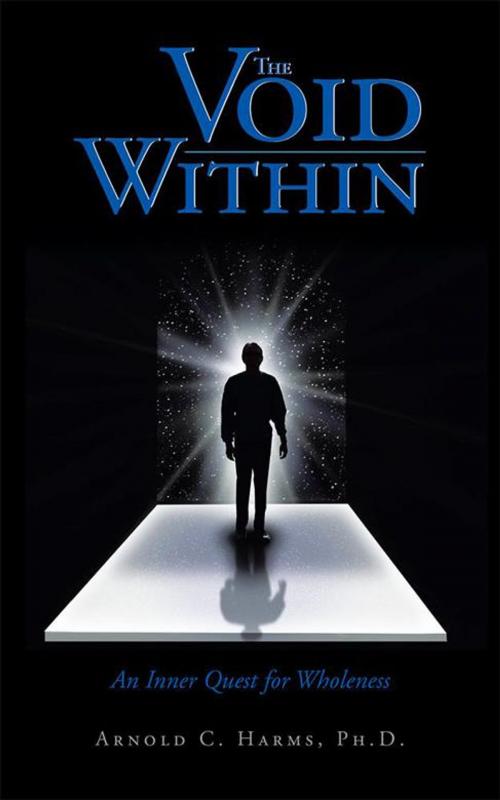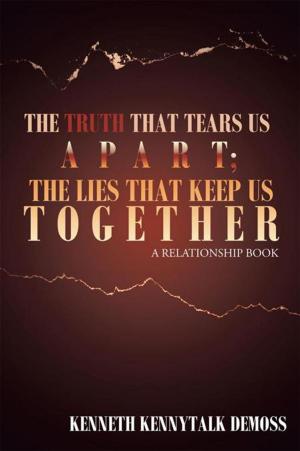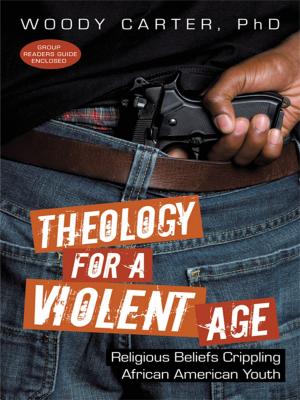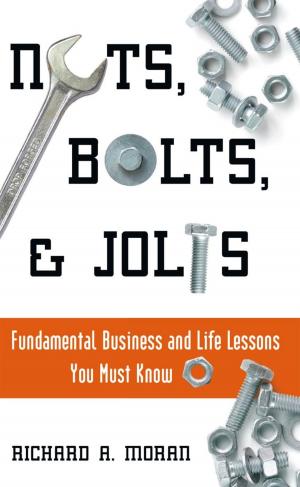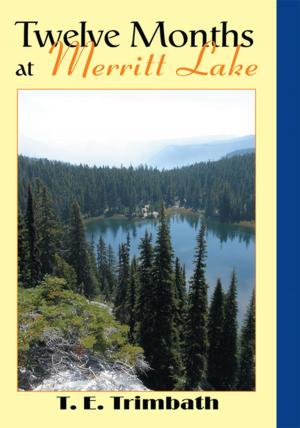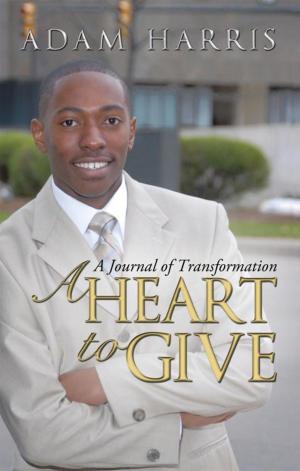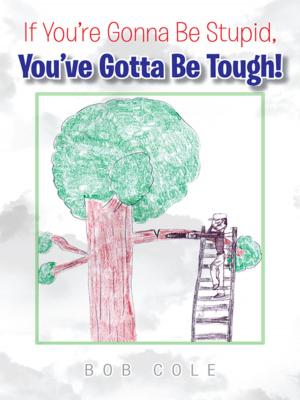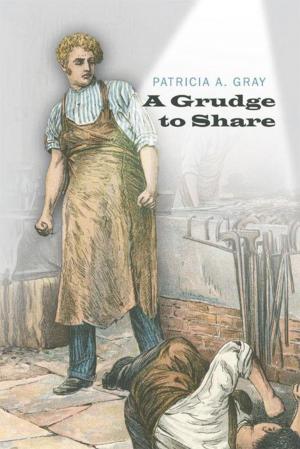The Void Within
An Inner Quest for Wholeness
Nonfiction, Religion & Spirituality, Inspiration & Meditation, Spirituality| Author: | Arnold C. Harms Ph.D. | ISBN: | 9781491731536 |
| Publisher: | iUniverse | Publication: | April 10, 2015 |
| Imprint: | iUniverse | Language: | English |
| Author: | Arnold C. Harms Ph.D. |
| ISBN: | 9781491731536 |
| Publisher: | iUniverse |
| Publication: | April 10, 2015 |
| Imprint: | iUniverse |
| Language: | English |
Any adequate discussion of The Void Within requires that one provide both its philosophical justification and its location within the broader context of humanistic studies. Inevitably, that involves one in a plethora of technical terms drawn from the various fields of study: philosophy, psychology, literature, etc. However, since this work was written for lay persons, professional jargon is held to a minimum; terms that prove unavoidable are explained within the text. For readers who still find these prefatory remarks tedious, it is recommended that they skip the Preface and go directly to Chapter One perhaps, returning to the Preface at a later time.
First, concerning the scope of the investigation, the title, The Void Within: An Inner Quest for Wholeness, rightly suggests that this is an inquiry into self-understanding. It probes the universal, human experience that something seems to be missing within the human psyche something vital that cries out for explanation and resolution. What is the nature of the void within the human soul, and what does that inner void represent? Any attempt to answer those provocative questions soon involves one in the larger questions of what constitutes a self; and what are the structures of selfhood? This naturally leads the inquiry to an examination of what is meant by an authentic and/or inauthentic self. Finally, one must ask: what is required to fill the void within the human heart, bringing one a sense of fulfillment and satisfaction?
An exposition of the inner void eventually faces one with the grounding question of all philosophy and psychology: What does it mean to be human? One will readily note that what began as a very limited, introspective analysis quickly became the broadest possible question for humanistic studies. Understanding what it means to be human also involves the question about how human reality is to be interpreted vis--vis its place on the infinite cosmic stage upon which modern humans find themselves.
Any adequate discussion of The Void Within requires that one provide both its philosophical justification and its location within the broader context of humanistic studies. Inevitably, that involves one in a plethora of technical terms drawn from the various fields of study: philosophy, psychology, literature, etc. However, since this work was written for lay persons, professional jargon is held to a minimum; terms that prove unavoidable are explained within the text. For readers who still find these prefatory remarks tedious, it is recommended that they skip the Preface and go directly to Chapter One perhaps, returning to the Preface at a later time.
First, concerning the scope of the investigation, the title, The Void Within: An Inner Quest for Wholeness, rightly suggests that this is an inquiry into self-understanding. It probes the universal, human experience that something seems to be missing within the human psyche something vital that cries out for explanation and resolution. What is the nature of the void within the human soul, and what does that inner void represent? Any attempt to answer those provocative questions soon involves one in the larger questions of what constitutes a self; and what are the structures of selfhood? This naturally leads the inquiry to an examination of what is meant by an authentic and/or inauthentic self. Finally, one must ask: what is required to fill the void within the human heart, bringing one a sense of fulfillment and satisfaction?
An exposition of the inner void eventually faces one with the grounding question of all philosophy and psychology: What does it mean to be human? One will readily note that what began as a very limited, introspective analysis quickly became the broadest possible question for humanistic studies. Understanding what it means to be human also involves the question about how human reality is to be interpreted vis--vis its place on the infinite cosmic stage upon which modern humans find themselves.
